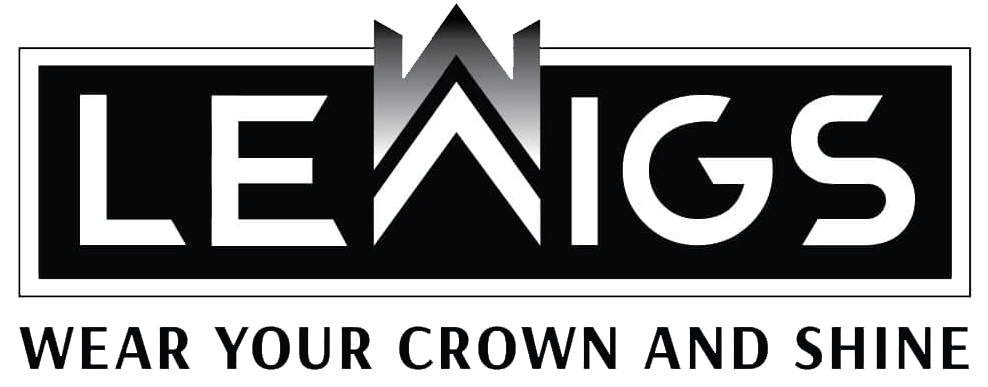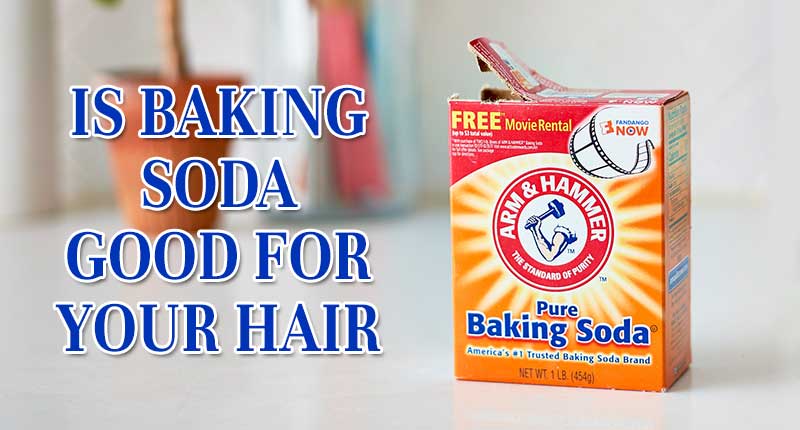There are many products for shiny and healthy hair on the market. However, some people prefer DIY or natural shampoos over products that contain chemical fragrance, detergents.
Taking a look around the Google search page, we found that quite a few people were interested in a familiar and readily available ingredient in the kitchen – baking soda.
So what is baking soda? Is baking soda good for your hair?
And does it have any risks?
That is what you will be answered in this tutorial. Thereby, you will probably achieve your desire for healthy hair, who knows.
Table of Contents
What is baking soda?
Baking soda is a fine, pure white powder that tastes slightly salty and brackish, has no odor, and dissolves quickly in water. In chemistry, baking soda is written in the form of NaHCO3 (Sodium hydrogen carbonate), which is derived from salt. That’s why it tastes like that.
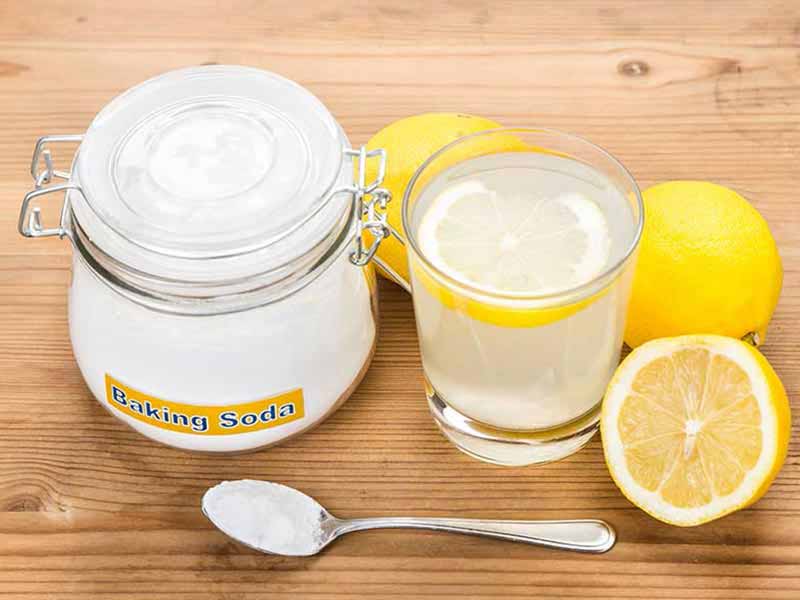
About the benefits of baking soda in daily life, it is an indispensable leavener in the kitchen, especially in bakeries. Therefore, it also has some other names such as cooking soda, bread soda, or bicarbonate of soda.
In nature, it exists in crystalline form, so when humans found and produced it, they ground it into powder for use in cooking.
Related posts:
- Learn To Do Baking Soda Hair Wash Like A Professional
- How To Bleach Hair With Hydrogen Peroxide And Baking Soda?
- Triple Apple Cider Vinegar For Hair Results In Half The Time
It’s not only an ingredient to make cakes…
But baking soda benefits are also applied in human beauty.
Specifically, it has long been thought to work very well to remove stains, deposits on the teeth, clean, exfoliate the skin, help the skin always smooth, treat blackheads, and soothe sunburned skin, etc.
However, the reason baking soda is widely used in at-home cosmetics is the scalp cleaning effect. In particular, what does baking soda do to your hair?
For those with oily skin, they are even more interested in the great effect of reducing the situation of sticky hair of this product. Normally, their scalp will produce more oil than others. It may also be because they use too many hair styling products, dyes, etc., causing the scalp to produce sebum and build upon the scalp. At that time, the hair will be sticky.
Is baking soda good for hair?
Whatever the cause, with baking soda on hair benefits, you’ll find a noticeable change after just a few first uses. That’s because baking soda has a high pH, which can eliminate the buildup of sebum from the skin.
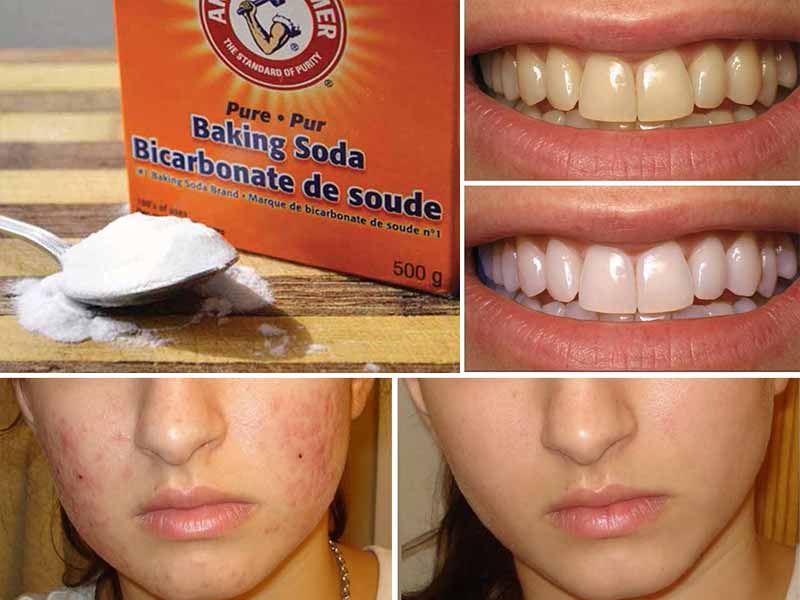
But, is baking soda really harmless to your hair?
While baking soda is widely used as a simple home shampoo, baking soda for hair good or bad has never been studied by a reputable institution.
So is all the information above wrong?
Well.. not really.
You will still see a noticeable improvement in your hair health after several uses of baking soda.
But here’s the kicker:
It only works for the first 2-3 times you use this material to wash your hair only. The truth is, from the later times onwards, you will feel itchy, dandruff flakes appear, and even lose hair.
What are the causes?
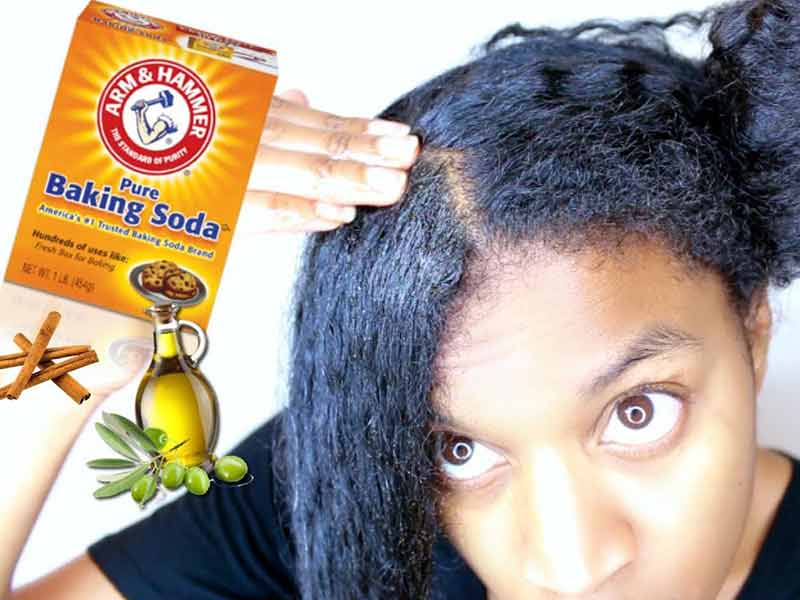
Here’s what it looks like:
While the pH of the human scalp is always stable at 5.5 and that of the hair shaft is 3.67, this figure of baking soda is nearly double, even triple them. It has a pH of 9.
And what will the too high difference in pH lead to? The unbalance.
The reason why baking soda can improve greasiness is that the high pH can remove the residues and oil that build upon the skin. However, when you use it for a long time, it will remove the natural oil of the scalp, irritating the skin’s protective layer, causing your scalp to be irritated, dry, and itchy.
Some claim that applying the “no-poo” method will help eliminate those disadvantages. Specifically, they dissolve baking soda with water, then wash their hair with the mix to reduce the amount of baking soda that approaches the scalp. However, the truth is, the pH will remain unchanged.
Others recommend that after shampooing with baking soda, you should wash it with apple cider vinegar to balance the pH of your scalp. However, while the human scalp is 5.5 pH, apple cider vinegar is too low, not suitable for scalp contact.
So what should you do to use baking soda the right way?
If you have greasy hair and still want to use baking soda, we recommend that you do not overdo it, only about 1-2 times per month.
There are two ways to wash your hair with baking soda. The first is that you dissolve this powder with water in a ratio of 1:3 and then apply to hair for 2-3 minutes. Then, you rinse your hair with warm water.
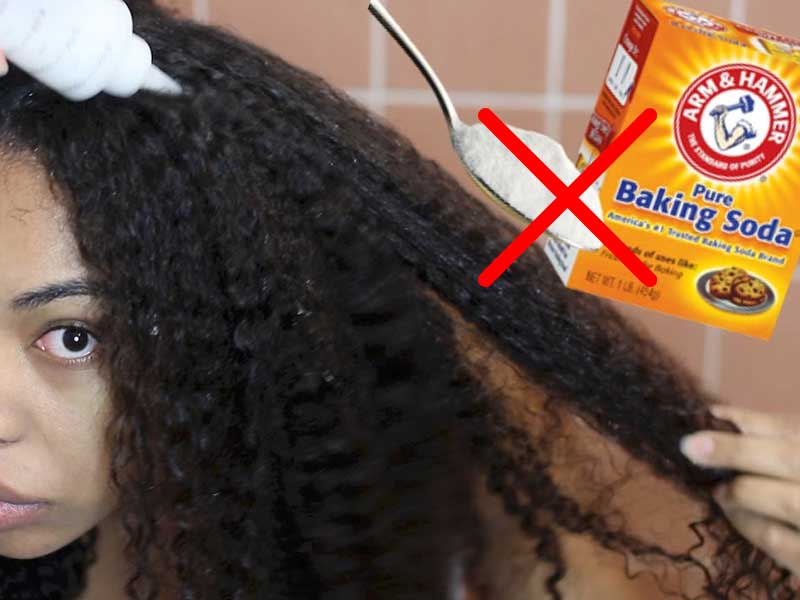
The second way is to mix it directly with the shampoo you normally use and then wash your hair. Then, you rinse off the foam on the hair.
Don’t forget to use conditioner or moisturizers to limit dry strands caused by baking soda. However, if you have dry, damaged tresses, or hair dyed, you should not use baking soda on your hair.
Instead of baking soda on hair benefits, we will provide you with some other useful natural ingredients that you can use at home.
See more:
- The Advanced Guide To Wash Hair With Coke
- The Winning Tactics For Coconut Oil For Hair Loss
- At Last, The Secret To Low Porosity Hair Care Is Revealed
Other natural alternatives
If you have dry hair, you can use the following remedies:
– Coconut oil: penetrates hair quickly, prevents hair breakage, moisturizes the scalp
– Aloe vera: soothes dry and irritated scalp, helps hair grow better
– Jojoba oil: has the same effect as natural oil on the scalp, balancing the pH
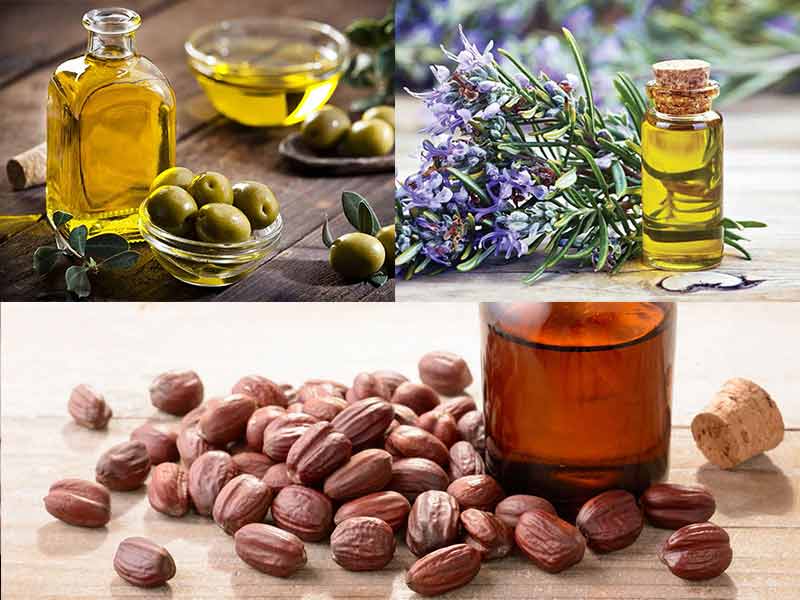
What about sticky hair?
– Fuller’s earth: can absorb the sebum and oil very well
– Black tea: helps hair clean, not oily
– Lemon juice: has cleansing properties because of the acid component. Therefore, you should mix lemon juice with egg yolk, which works to moisturize hair and balance pH level on the scalp while you clean your hair with lemon.
Our last words
Is baking soda good for your hair? Baking soda is considered one of the most effective and inexpensive home treatments for your tresses. However, baking soda uses for hair still has some bad effects that we don’t recommend you to use. If you have any experience to share, we’ll be glad to hear it. And don’t forget to like and share the article with others if you find it useful for you. Thank you.
